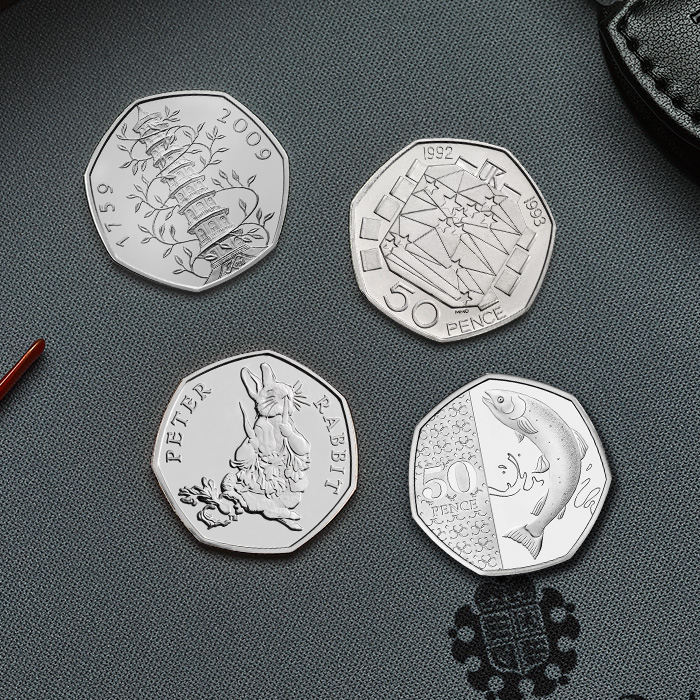The Royal Mint takes counterfeiting and fraud extremely seriously.
Any level of counterfeiting is a matter of concern and can undermine confidence in the currency of any given country. Provisions for various offences connected with the counterfeiting of coins in the UK are included in the Forgery and Counterfeiting Act 1981. Enforcement of these provisions is entirely a matter for law enforcement agencies, such as the police and the Crown Prosecution Service.
The round £1 coin, first issued in 1983, was one of the oldest British coins in circulation. Over time it became increasingly vulnerable to counterfeiting generating significant costs to industry, the general public, taxpayers and the wider society. As a consequence, a new 12-sided £1 coin was introduced into circulation on 28 March 2017. The new coin has a number of features that make it much more difficult to counterfeit.
The round £1 coin lost its legal tender status on 15 October 2017. Although you cannot spend your remaining round £1 coins you can continue to deposit them in your bank account or donate them to a charity.
Using counterfeit coins is illegal. If you have a counterfeit or suspect that a coin may be a counterfeit, please hand it in at your local police station. The technology that The Royal Mint has adopted in its High-Security Feature offers protection for currency systems.
Be Inspired

£1 Coin Designs and Specifications
Discover More
The Rarest 50p Coins
Is this in your change?
LATEST RELEASES
Shop our Latest Coins